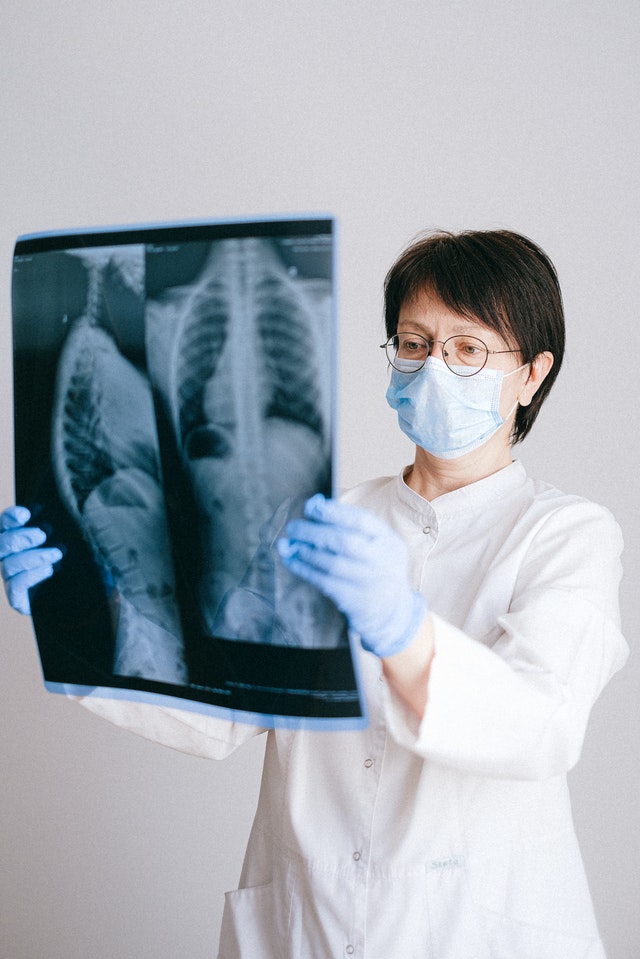
COVID-19 continues to be a major health crisis that is really testing the healthcare system. Due to this reason, it is important to have a good understanding of different self-care tips that you can utilize to manage COVID-19 symptoms at home. The reasoning behind this is that most people infected with COVID-19 experience mild symptoms that can be easily treated at home. This article gives information on different things you can do if you are experiencing some telltale signs of the virus.
COVID-19 Symptoms
Before we look at how to deal with different COVID-19 symptoms, it is important to have a good understanding of these distinct signs so you can know what you are dealing with. Symptoms linked to COVID-19 include fatigue, fever, shortness of breath, sore throat, aches and pains, and continuous cough. If you have these symptoms, you should consider self-isolating immediately.
Dealing With COVID-19 Symptoms at Home
Similar to other viruses like flu and colds, managing your COVID-19 symptoms is an important part to your recovery. Some simple things you should do include drinking lots of water, eating well, getting plenty or rest and using over-the-counter medicines to reduce your symptoms. Let us have a look at these actions in detail:
- Get Enough Rest
It is crucial for you to reduce activities while undergoing home-based care. This will help your body to fight off the symptoms and help you recover. You should avoid doing many chores or intense exercise.
- Eat Well
Proper nutrition matters a lot when it comes to coping with COVID-19 symptoms. Depending on your health situation, you might not feel like eating. However, try as much as you can to get enough food. Also, ensure that you are taking plenty of vegetables and fruits to boost your immune system.
- Monitor Your Symptoms Daily
You need to monitor your symptoms every single day to ensure that your situation is improving and not getting worse. Check for worsening fevers, increased muscle and headaches, or new developing symptoms.
- Be on the Lookout for Breathing Difficulties
Severe COVID-19 causes breathing issues. Therefore, be sure to be on the lookout for this symptom. In case you have issues breathing, you will want to reach out to a medical facility for assistance as soon as possible.
- Be In Touch With Your Doctor
If you are doing self-care for COVID-19 at home, you will want to be in touch with your doctor. Doing this makes sure that you are getting regular advice on how to deal with the symptoms depending on your current condition.
Medications to Reduce COVID-19 Symptoms
Currently, COVID-19 does not have a cure. Therefore, your goal should be to manage the symptoms until you have fully recovered. If your symptoms are mild, you can easily minimize them using over-the-counter drugs. This is possible because most people have an asymptomatic or mild infection that can be easily dealt with.
For viral infections like common cold and flu, some painkillers such as NSAIDs and paracetamol are widely recommended to manage the symptoms. Despite this, some studies claim that the use of NSAIDs can increase the risk of severe COVID-19 complications. Although this is still under investigation, you might want to steer away from using NSAIDs unless you were using them for other reasons. In case your symptoms get worse after using NSAIDs such as ibuprofen, then consider reaching out to medical experts for assistance.
Things You Should Know About Coping with COVID-19 Symptoms at Home
As you have seen, it is possible to deal with mild COVID-19 symptoms at home. However, it is quite hard to deal with serious symptoms. Therefore, if you continue feeling unwell or your condition gets worse, you should consider seeking medical help. This is because getting to this point means that you cannot be able to cope with the symptoms alone at home. Hence, it would be better if you allowed medical experts to help you out.
With COVID-19 cases rising every day, home-based healthcare for those with mild symptoms seems to be the best move to try and decongest the overwhelmed healthcare system. Given that most patients have mild symptoms, the likelihood of successful treatment at home is quite high. To manage COVID-19 symptoms, it is important to have a good understanding of your symptoms and be confident that your health will not deteriorate with time. By having this comprehension, you can be in a better position to deal with the symptoms until you attain full recovery.
